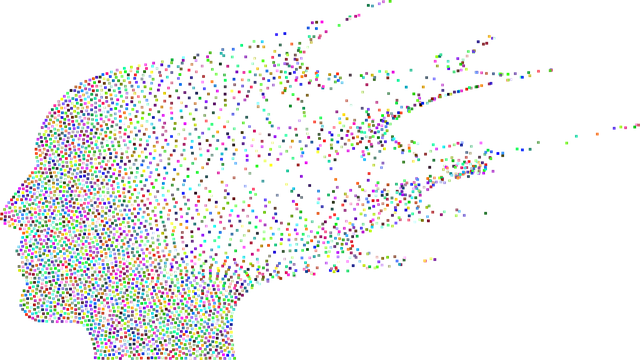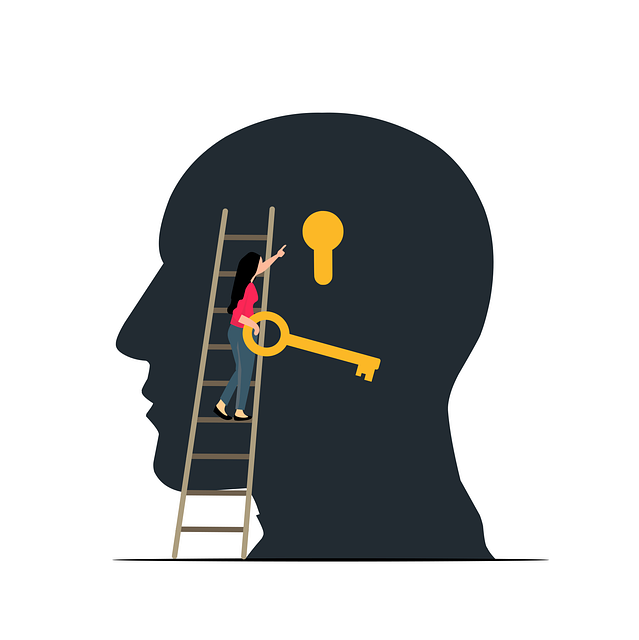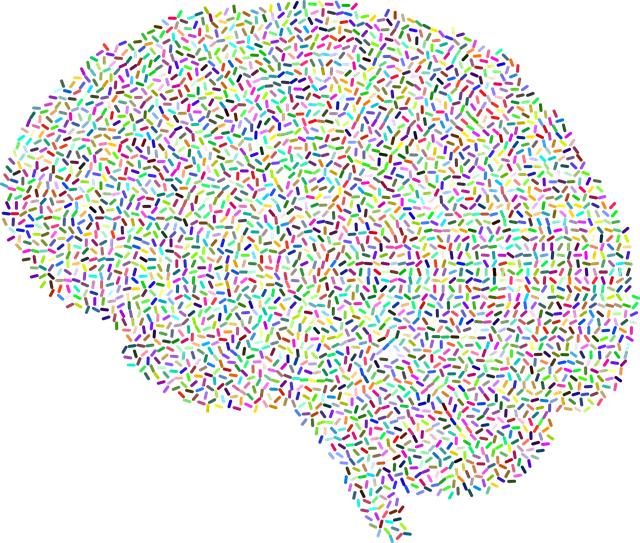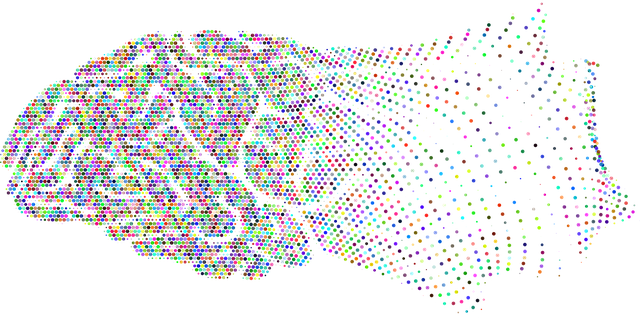Crisis intervention for elders requires a nuanced, respectful approach addressing physical and emotional challenges while honoring autonomy. Effective strategies combine therapy focusing on robust coping skills and purpose, with independent medical evaluations guiding personalized care plans. Integrated IMEs and evidence-based practices like conflict resolution and burnout prevention empower seniors to manage crises, improve stress coping, and maintain higher quality of life.
In the intricate landscape of elder care, crisis intervention is a vital crucible where sensitive navigation and robust strategies converge. As our aging population navigates life’s complexities, understanding crisis intervention becomes imperative. This article delves into essential guidance for professionals, focusing on therapeutic strategies and the pivotal role of independent medical evaluations (IMEs) in fostering elderly well-being and resilience during critical moments. From recognizing signs to implementing effective management, we explore a comprehensive guide tailored to meet the unique needs of elders.
- Understanding Crisis Intervention for Elders: A Sensitif Approach
- The Role of Independent Medical Evaluations in Elder Care
- Therapeutic Strategies: Supporting Elderly Well-being and Resilience
- Implementing Effective Crisis Management: A Comprehensive Guide
Understanding Crisis Intervention for Elders: A Sensitif Approach

Understanding Crisis intervention for elders requires a sensitive and tailored approach, especially considering their unique needs and challenges. As individuals age, they often face complex physical and emotional issues that can lead to crises, requiring immediate attention. A crisis intervention strategy for seniors should prioritize their autonomy and independence while providing necessary support. Therapy for elders plays a crucial role in this process, offering safe spaces for them to express their concerns and develop coping mechanisms.
Cultural sensitivity in mental healthcare practice is essential when assisting elderly individuals. Their experiences are shaped by personal histories, traditions, and beliefs that must be respected. Incorporating positive thinking and mental wellness journaling exercises can empower elders to take an active role in managing stress and improving overall mental wellness. Independent medical evaluations also serve as valuable tools, providing comprehensive assessments and guiding personalized interventions.
The Role of Independent Medical Evaluations in Elder Care

In elder care, independent medical evaluations play a pivotal role as crisis intervention strategies for seniors facing various challenges, from cognitive decline to mental health issues. These assessments provide an unbiased perspective on the physical and psychological well-being of elderly individuals, offering crucial insights that can guide tailored therapy plans. By integrating the findings from independent medical evaluations, healthcare providers can design effective interventions that cater to the unique needs of elders, enhancing their quality of life.
Furthermore, regular independent medical evaluations serve as confidence-boosting measures for seniors and their families. Knowing that professionals are closely monitoring their health through comprehensive assessments empowers individuals to actively engage in self-care practices. In light of this, mental health policy analysis and advocacy have a significant role in ensuring these evaluations are accessible, promoting best practices in elder care, and shaping a supportive environment that prioritises the holistic well-being of older adults.
Therapeutic Strategies: Supporting Elderly Well-being and Resilience

For elderly individuals, crisis intervention often involves tailored therapeutic strategies to enhance well-being and resilience. Therapy for elders should focus on developing coping skills and promoting a sense of purpose. Independent medical evaluations play a crucial role in assessing the physical and mental health of seniors, enabling healthcare providers to design personalized care plans. By integrating these evaluations into crisis intervention, professionals can identify underlying issues and provide timely support.
Incorporating evidence-based practices, such as conflict resolution techniques and burnout prevention strategies for healthcare providers, is essential. These methods empower elders to navigate challenging situations effectively while reducing the risk of exacerbating existing mental health conditions. Through targeted interventions, older adults can build resilience, improve their ability to cope with stressors, and maintain a higher quality of life.
Implementing Effective Crisis Management: A Comprehensive Guide

Implementing effective crisis management requires a comprehensive approach tailored to meet the unique needs of older adults. In times of distress, immediate intervention is crucial for mitigating risks and promoting recovery. One essential strategy involves integrating therapy for elders with specialized assessment tools, such as independent medical evaluations (IMEs). These evaluations play a pivotal role in understanding an individual’s physical and mental state during a crisis, guiding appropriate treatment plans.
The process should also incorporate elements of mental wellness coaching programs and development, fostering resilience and coping mechanisms. Mental wellness journaling exercises, for instance, can provide older adults with a means to express and process their emotions. Additionally, emotional intelligence (EQ) training is invaluable in helping individuals navigate crises by enhancing self-awareness and empathy—crucial skills for effective communication and support during challenging times.
Crisis intervention strategies tailored for elders, including therapeutic approaches and independent medical evaluations (IMEs), are vital tools in enhancing their well-being and resilience. By understanding the sensitivity required when addressing elder care crises, healthcare professionals can implement effective management techniques. IMEs play a crucial role in diagnosing and treating issues, ensuring elders receive appropriate therapy for their specific needs. This comprehensive guide underscores the importance of navigating crisis situations with compassion, ultimately fostering a supportive environment that promotes recovery and independence.













